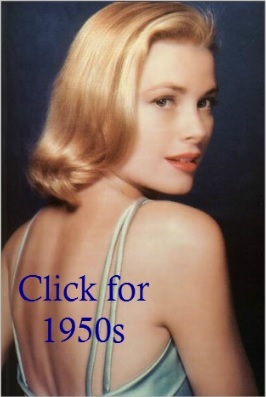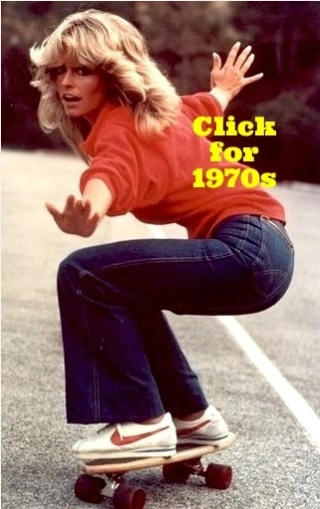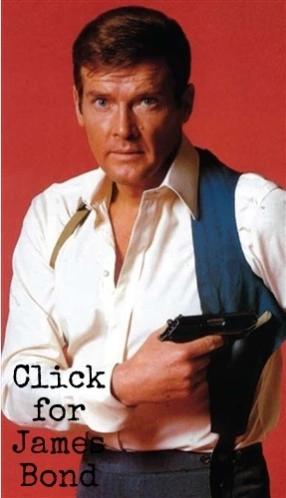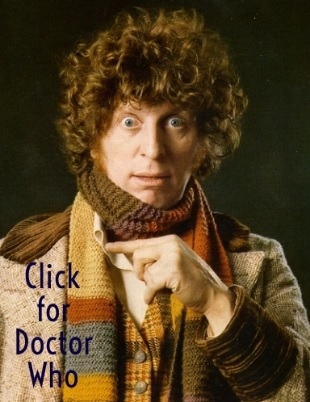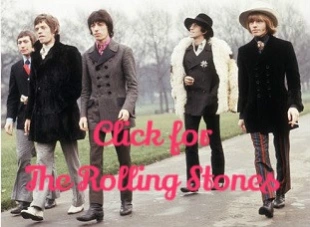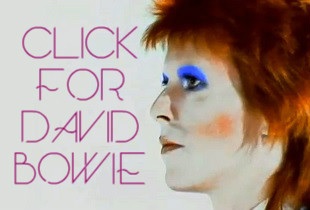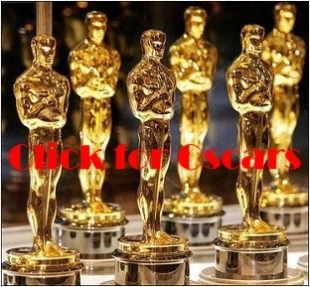Up, up and away: The Moon’s A Balloon ~ David Niven (Review)
.
Author: David Niven
Year: 1971
Publisher: Hamish Hamilton, London (first edition)
ISBN: 0-340-15817-4
.
From its outrageous teaser of an opening line to its final, tell-all confession, David Niven‘s The Moon’s A Balloon is a wonderfully wry, extremely keenly observed and utterly addictive read. Truth be told, it may just be the best autobiography ever written by a Hollywood celebrity – something it’s been heralded as ever since it was first published 40 years ago.
Compiled by Niven then when the prime of his career had passed (but a couple of years before the notorious incident he observed at, er, first hand while hosting the Oscars), it details the whole of his life – just short of the 12 further years he would live. And, truly, what a life he led; if any film star’s existence warranted a memoir it surely was Niv’s.
Born into an aristocratic family but quickly made fatherless owing to the First World War, Niven’s lissome Anglo-French mother was forever short of money, but made as good a fist of ensuring his and his (marvellously monikered) sister Grizel’s upbringings were as indulged as possible – which in the 1920s/ ’30s meant packing off her offspring to socially respectable boarding schools. This proved double-edged for Niv; arguably both the making and failing of him. While his early years and education at Heatherdown Preparatory School near Ascot and, later, Stowe School in Buckinghamshire instilled in him his unmistakeably polished, mannered, near fey, gentlemanly persona (thanks to which he’d go on to make millions), it also bred his wicked wit and clownish, anti-establishment side.
Indeed, owing to many pranks – for which he experienced a good few lashes – he missed out on a place at Eton (perhaps a blessing in disguise), spent several horrendous weeks at a cruel reform school and, following a stint of army officer training at Sandhurst, didn’t make the cut for his idolised Argyll and Sutherland Highlanders, instead winding up in the far less prestigious Highland Light Infantry, who wore trew trousers rather than kilts. With this regiment he served – in a manner of speaking – for several years of little-to-no-martial-activity in Malta.
Perhaps because they were his formative years, the most entertaining sections of the book are these of his education and early army career. Full of rich detail, insightful observations and funny anecdotes on practically every page, these parts of the Niven story both acknowledge how blessed his upbringing and opportunities were, while pull absolutely no punches in pointing out how flawed a boarding school education can be, how staging hijinks with green beer was the only way to entertain oneself at a military outpost during the dying embers of the British Empire and how exciting, fulfilling and sad a tentative, tender, first affair with a Soho tart-with-a-heart prostitute was. Indeed, as opposed to coming off clichéd, Niven skilfully ensures these teenaged encounters with the aforementioned Nessie come off thoroughly heart-warming – indeed, they’re arguably the most touching moments of the entire book.
On fleeing the army for the States, Niven’s life would take a dramatic turn in the ’30s, featuring several surprising and most impressive entrepreneurial endeavours (among them cleaning rifles for hunters in Mexico and running an indoor rodeo racing venture with, yes, ponies), all of which are wonderfully regaled with both a fine balance of matter-of-fact honesty and a knowing nod to their improbability. As is his fledgling film career and rise from invisible extra, via risible actor, to bona fide Hollywood star. Niven, most certainly, affirms that there was much luck, as well as charming and schmoozing on his part, involved.
From his somewhat hell-raising bachelor days (during which time he shared a house dubbed ‘Cirrhosis-by-the-Sea’ with Robert Newton and socialised greatly with fellow Brit ex-pats like Laurence Olivier and Vivien Leigh), to his post-war highs of headlining the crazily realised yet Oscar-laden Around The World In 80 Days (1956) and unexpectedly winning an Academy Award thanks to his straight role in Separate Tables (1958), his Hollywood years prove a delightfully frank and insightful read – a warm and respectful but honest window then on to Tinseltown’s golden age.
But it’s the section of the autobiography that focuses on the Second World War, during which Niven genuinely earned his military stripes, that leaves you most impressed by the man. For no other reason than a stubborn duty to old Blighty did he give up his lucrative deal with Hollywood bigwig producer Samuel Goldwyn and board a boat back home following the outbreak of hostilities in September 1939.
He confesses that he visited the British Embassy in Washington before embarking, where he was advised to stay in America and not get involved until such a time as he may be called up. Predictably then, there followed a period of months when Niv couldn’t find a regiment that would take him. It’s a mark of the man’s calibre (and maybe that of his generation) that he was frustrated and desperate to get stuck in and sort out Hitler. How many civilians would genuinely seek to go to war today – even against the Nazis?
During his war years he was involved in the formation of the Commandos, took part in the June ’44 Normandy invasion, brushed shoulders with one Ian Fleming (whose first choice to play his later creation James Bond on the big screen was Niven) and dined with Winston Churchill more than once. Indeed, on one such occasion Niv recounts the greatly admired wartime PM telling him: “Young man, you did a fine thing to give up your film career to fight for your country. Mark you, had you not done so − it would have been despicable”.
Niven was lauded in his later years as a great raconteur, both in private and as a TV chat show guest, and this autobiography does feel like the literary equivalent of spending several hours in his company as he relates wonderful anecdote after wonderful anecdote. And yet it’s more besides. It’s the reporting of an interesting, charmed life well lived, with wit, sagacity and pathos springing from almost every paragraph. The first few pages of my edition of the book are taken up with approving quotes from many different reviewers, one of whom is Peter Sellers. Following some words of praise, Sellers asks the question “is there anything he [Niven] can’t do?”. After reading The Moon’s A Balloon, you’ll doubtless find yourself asking that very same thing. 
.


